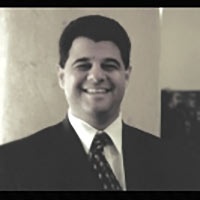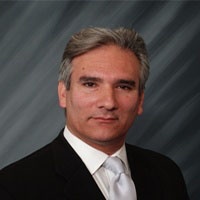Grand Rapids Misdemeanor Lawyer, Michigan
Sponsored Law Firm
-
 x
x

Click For More Info:
-
Goldman & Associates
615 Griswold St. Suite 1325 Detroit, MI 48226» view mapCriminal Over 30 Years Experience.
Accessibility, responsiveness, and personal commitment is our approach to client representation.
800-797-8031
Not enough matches for Grand Rapids Misdemeanor lawyer.
Below are all Grand Rapids Criminal lawyers.
Thomas B. Baynton
✓ VERIFIEDAt the Law Office of Thomas Baynton PLLC, Thomas Baynton is an experienced attorney serving the people of West Michigan. If you have been charged with... (more)
John M. Danian
✓ VERIFIEDAt Danian Law Office, PLLC, we know how stressful a legal conflict can be. Whether you are facing anything from criminal charges to a civil lawsuit, t... (more)
Akiva Goldman
✓ VERIFIED(866) 666-2889 - CALL NOW! FREE CONSULTATION - Mr. Akiva Goldman is the managing partner of Goldman & Associates and a member of the State Bar of Mich... (more)
FREE CONSULTATION
CONTACTFREE CONSULTATION
CONTACTFREE CONSULTATION
CONTACTMichael Leo Zamzow
Brandon Gardner
FREE CONSULTATION
CONTACT Akiva Goldman Detroit, MI
Akiva Goldman Detroit, MI AboutGoldman & Associates
AboutGoldman & Associates Practice AreasExpertise
Practice AreasExpertise



